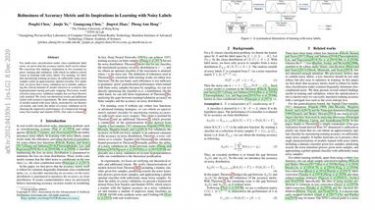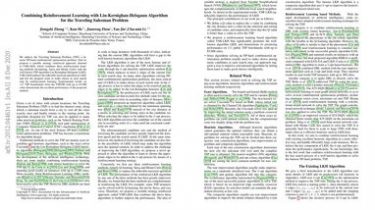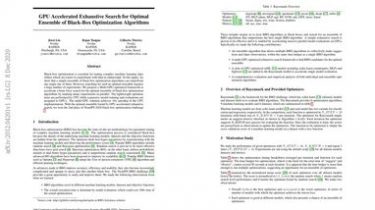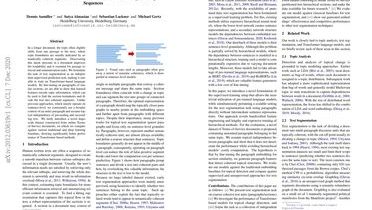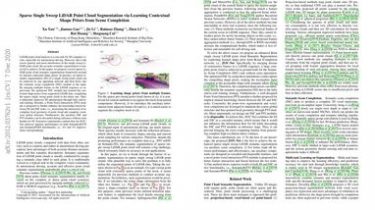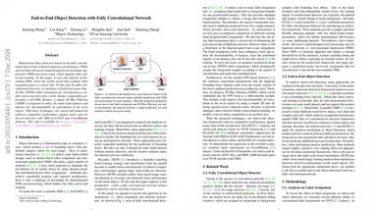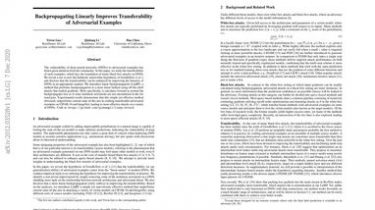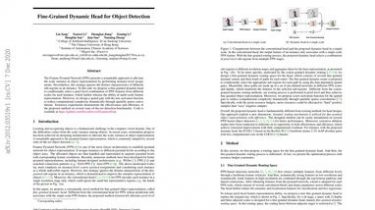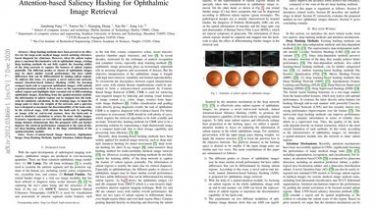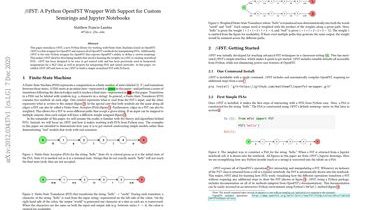Robustness of Accuracy Metric and its Inspirations in Learning with Noisy Labels
For multi-class classification under class-conditional label noise, we prove that the accuracy metric itself can be robust. We concretize this finding’s inspiration in two essential aspects: training and validation, with which we address critical issues in learning with noisy labels… For training, we show that maximizing training accuracy on sufficiently many noisy samples yields an approximately optimal classifier. For validation, we prove that a noisy validation set is reliable, addressing the critical demand of model selection in scenarios like hyperparameter-tuning […]
Read more